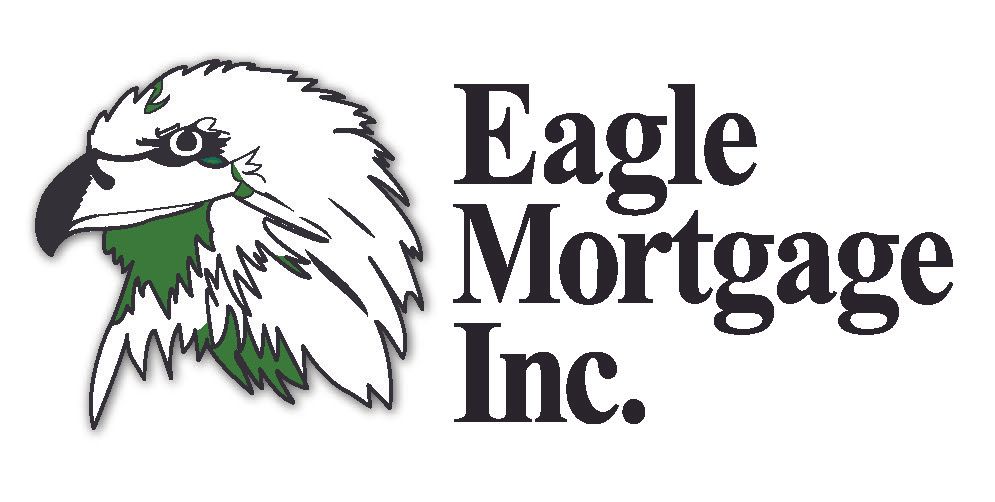What Influences Refinancing Rates?
Refinancing rates are primarily influenced by economic factors like inflation, the Federal Reserve's monetary policy, and the overall health of the economy. Additionally, the applicant's credit score, loan-to-value ratio, and the type of property can also play a role in determining the specific rate offered by lenders.
Steps to Stay Updated
To stay on top of current refinancing rates, potential refinance candidates should regularly check online financial news platforms, subscribe to newsletters from trusted lenders, and seek advice from mortgage professionals. This can help in timing a refinance to potentially lock in the best available rates.
How to Make the Most of Refinancing
Timing is crucial when refinancing a mortgage. Ideally, you want to refinance when rates drop at least 0.5% below your current rate. Moreover, evaluate the overall cost of refinancing, including closing costs, to determine if it’s financially beneficial in the long run.
Factors Taken Into Consideration for Rates
There are 10 different factors taken into consideration when figuring out your interest rate, which is why you should never believe any offer giving you a rate when they do not have an application. To see what those factors are, click here
Consult with Experts
Consulting with mortgage brokers or lenders can provide personalized insights, as they have access to real-time rate data and can guide you on the best options based on your financial profile.

